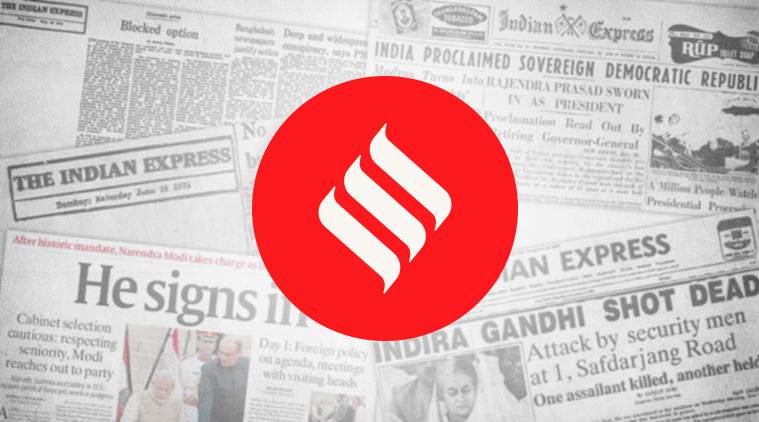 Over time, and with sufficient effort, such knee-jerk reactions would project, in the eyes of the world, a nation that is so thin-skinned that it must be quite vulnerable.
Over time, and with sufficient effort, such knee-jerk reactions would project, in the eyes of the world, a nation that is so thin-skinned that it must be quite vulnerable.
UK Labour MP Debbie Abrahams has been deported from Delhi airport, where she had arrived to visit family and friends. She chairs the All Party Parliamentary Group for Kashmir, and had criticised the revocation of Article 370 last year. While Abrahams claims to hold a valid visa, and the government claims it had been cancelled, what is certain is that this is a public relations gaffe in the international domain. Which party is right or wrong is no longer important. This is just one more of a series of official responses from India which offer no diplomatic or political advantage, and only suggest to the external observer that this government is happy to swat away minor irritants with the ponderous might of the state. And that, in turn, suggests that in terms of political psychology, this country is deeply insecure. This is an extremely weak position to bargain from, and could lead to Delhi losing the argument with key sections of political opinion across the world.
In December, External Affairs Minister S Jaishankar had raised eyebrows in Washington when he cancelled a meeting with Democrat Eliot L Engel, chair of the House Foreign Affairs Committee, the top Republican in the body and their colleagues, because they refused to exclude Pramila Jayapal, the Democrat representative for Washington, who had criticised the abrogation of Article 370, as well as the Citizenship (Amendment) Act. Both Abrahams and Jayapal have clarified that they oppose curbs on human rights everywhere, even in their countries of residence, making the Indian response look ham-fisted and small-minded.
But for sheer pettiness, the response to the writer Aatish Taseer must score very high. Taseer had written a cover story for Time which was not wholly complimentary to the prime minister, and was stripped of citizenship status. The reaction smacked of intolerance and was read, rightly, as the vindictive use of state authority. Over time, and with sufficient effort, such knee-jerk reactions would project, in the eyes of the world, a nation that is so thin-skinned that it must be quite vulnerable. Successful diplomacy is based on dealing, with inexhaustible patience, from a position of apparent strength. It is not a game for high-strung or over-sensitive players. Appearing to be one may cost India many of the advantages it has earned in recent years.